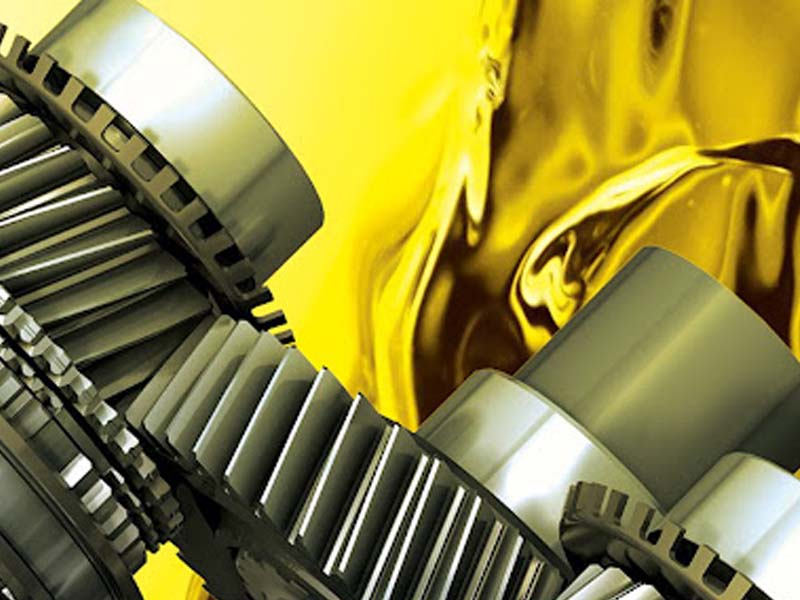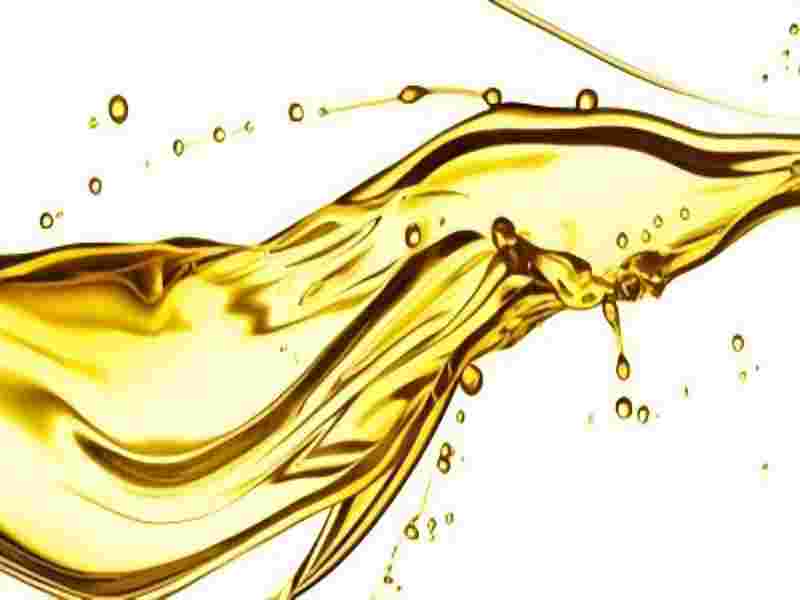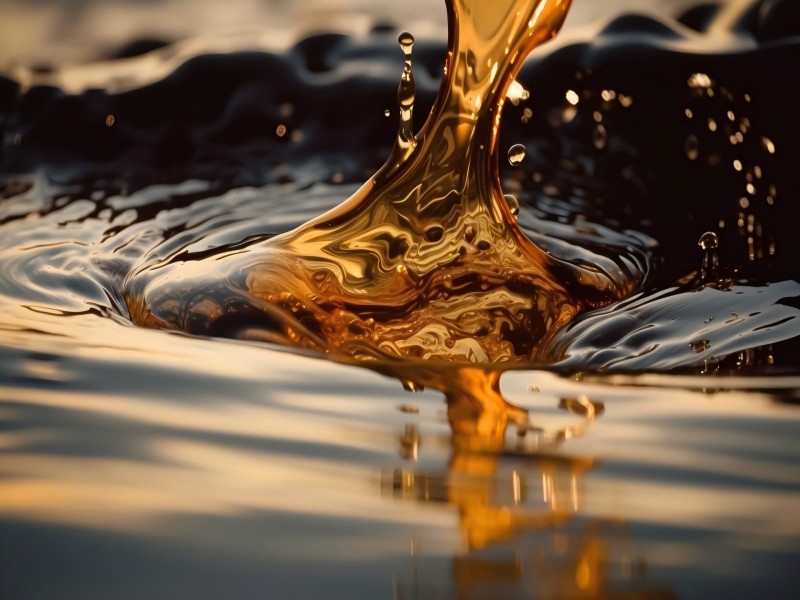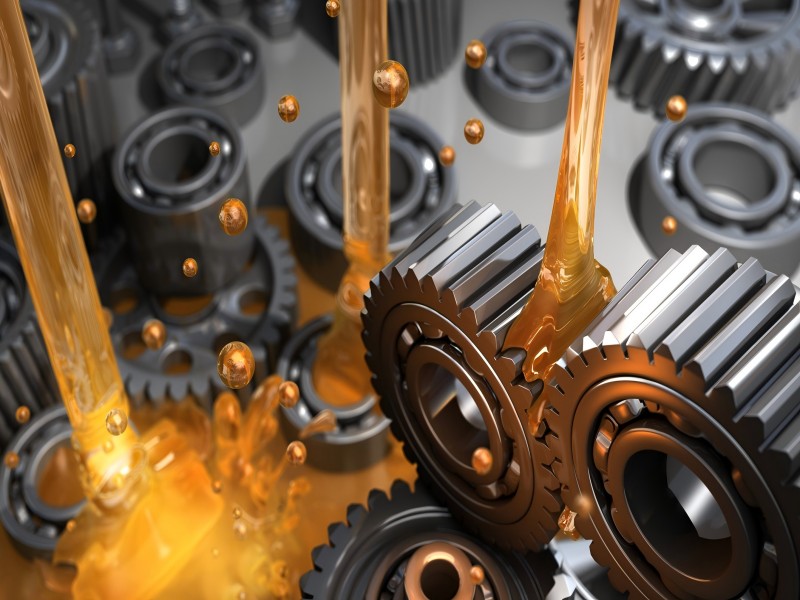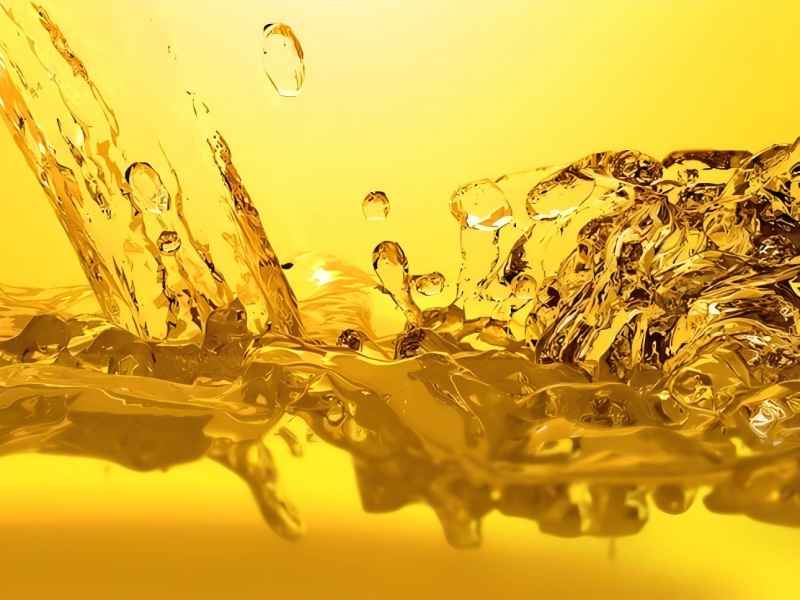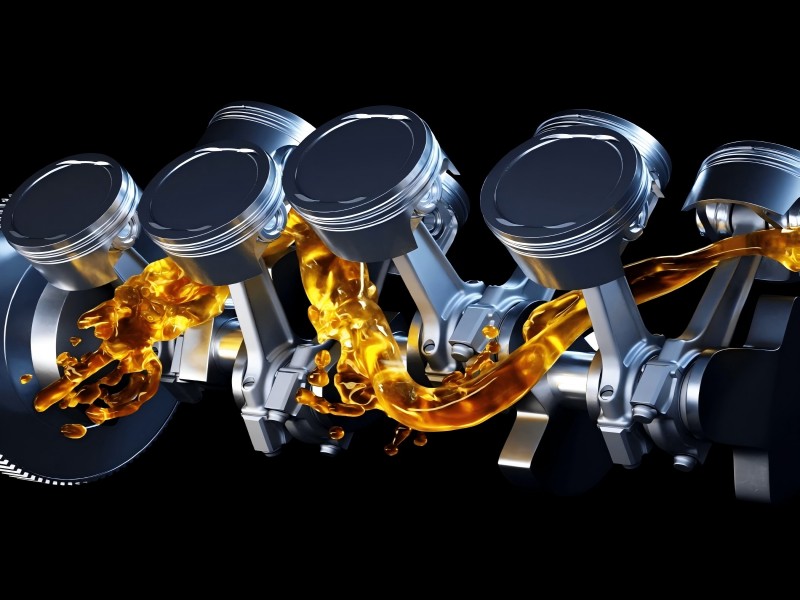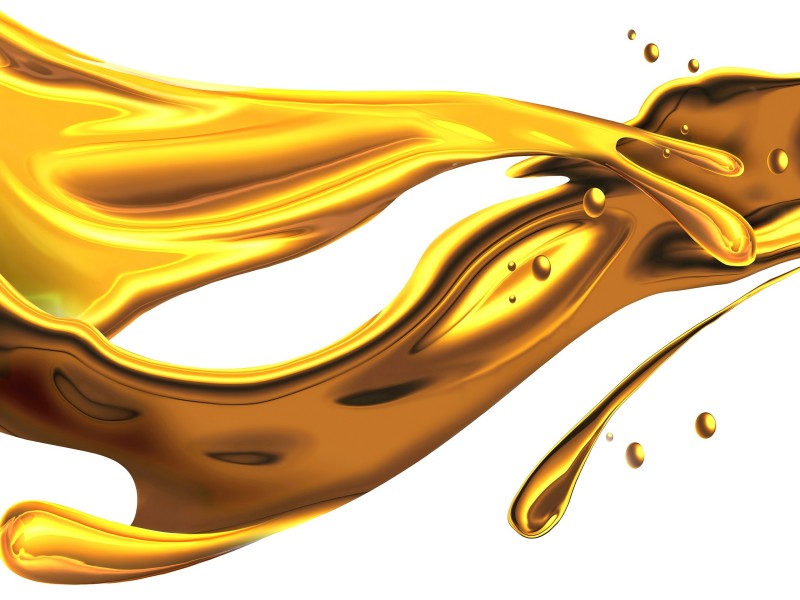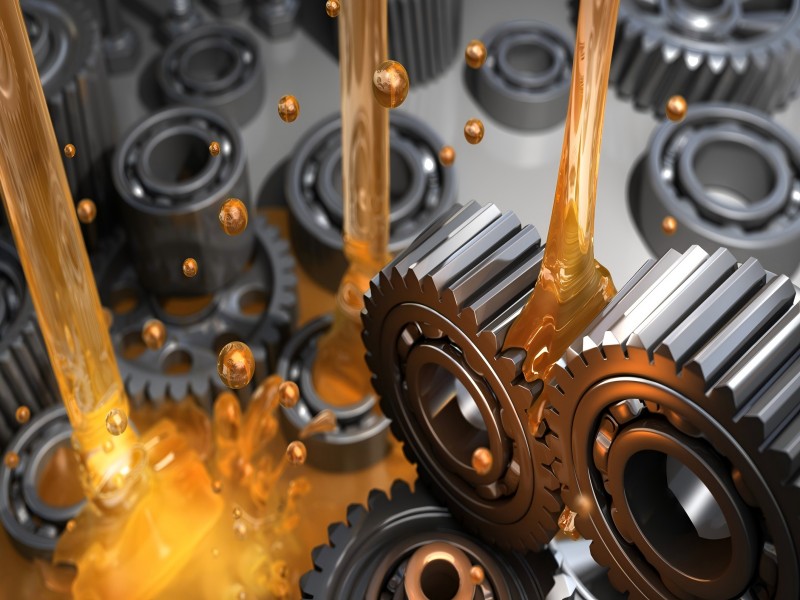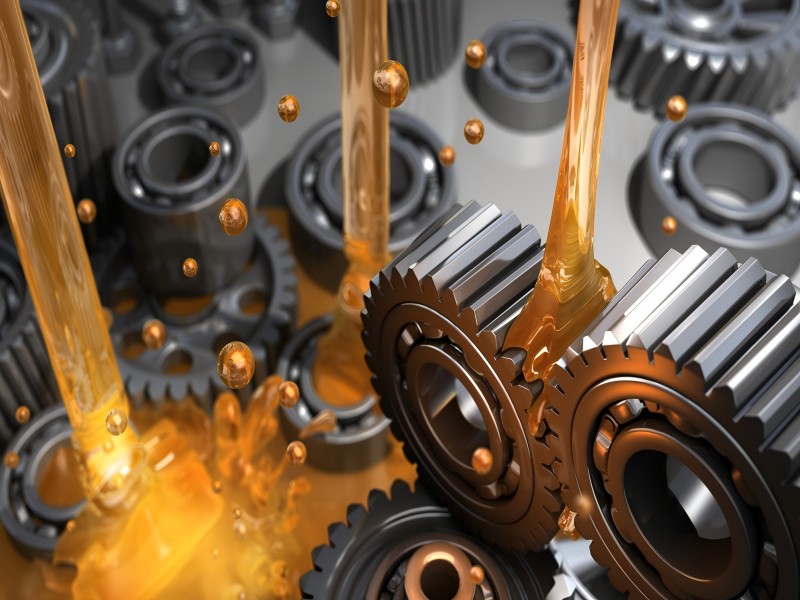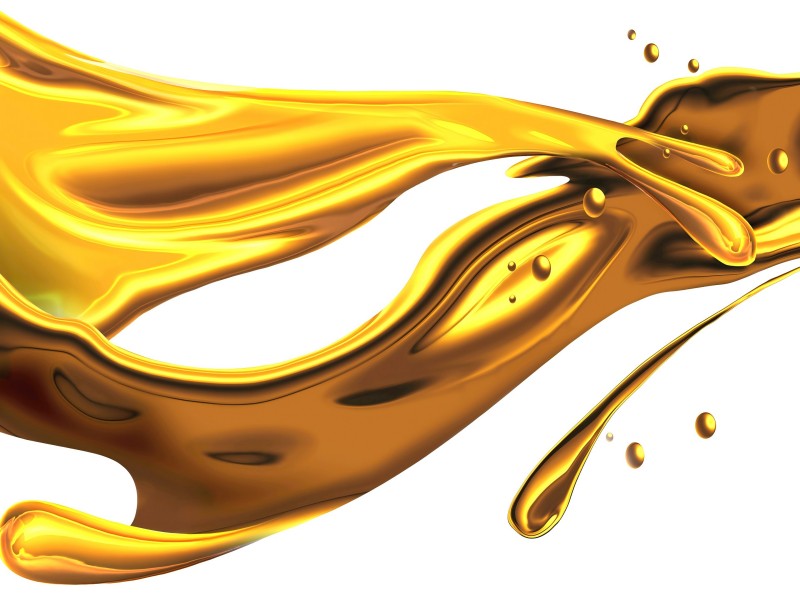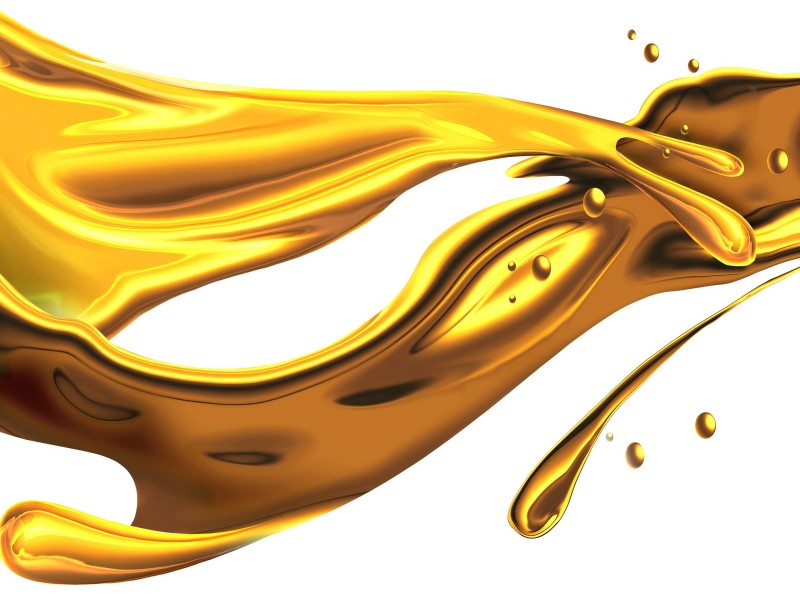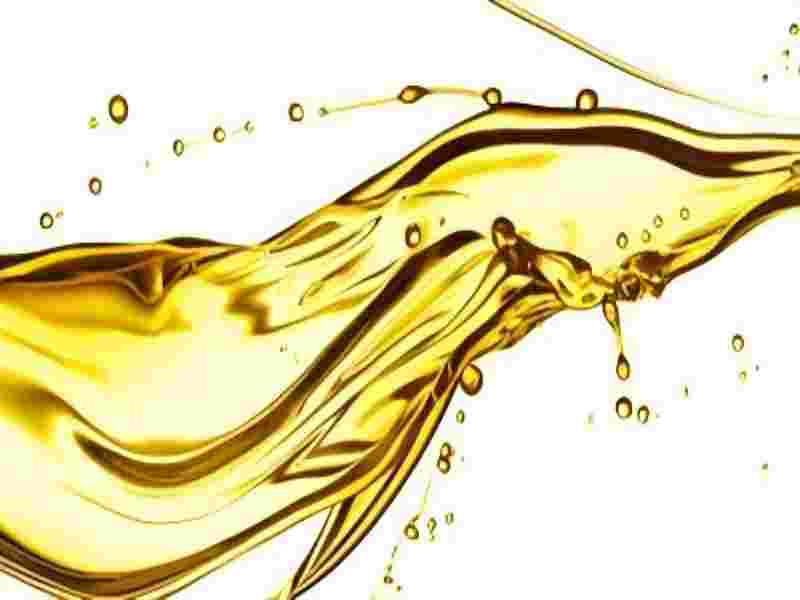UNPChemicals Industrial lubricant additive packages are specialized formulations blended into base oils to enhance the performance of lubricants in demanding industrial applications. These packages improve the operational efficiency of machinery by optimizing viscosity, thermal stability, and load-carrying capacity across interacting surfaces. They help to prevent corrosion, reduce oxidative degradation, and extend equipment lifespan, while minimizing downtime in high-stress environments like industrial gearboxes. Widely employed in heavy-duty hydraulic systems, these additive packages are also integrated into compressor oils, turbine lubricants, circulating systems, and greases for manufacturing equipment. In high-performance applications such as wind turbine gears and rolling mills, industrial lubricant additive packages ensure reliable protection against extreme pressures and temperatures, enhancing overall system durability.
Top UNPchemicals Industrial Lubricant Additive Packages
Popular UNPChemicals Industrial Lubricant Additive Packges
High Zinc Hydraulic Oil Additive package UNP AH502A
High Zinc Hydraulic Oil Additives UNP AH502A is designed to meet the high performance demands and st
Read More Get A QuoteLow Zinc Hydraulic Oil Additive Package UNP AH502B
Low Zinc Hydraulic Oil Additives UNP AH502B is designed to meet the high performance demands,is a lo
Read More Get A QuoteZinc-free Hydraulic Oil Additive package UNP AH502C
Zinc-free Hydraulic Oil Additives UNP AH502C is designed to meet the high performance demands, is a
Read More Get A QuoteIndustrial Gear Oil Additive Package UNP IG402A
Industrial Gear Oil Additive Package UNP IG402A is designed to meet the high performance demands,is a balan
Read More Get A QuoteSildeway Oil Additive package UNP SW521
Sildeway Oil Additives UNP SW521 is designed to meet the high performance demands,is a low odour gu
Read More Get A QuoteTurbine Oil Additive package UNP TB602
Turbine Oil Additives UNP TB602 is designed to meet the high performance demands,is a long-life tur
Read More Get A QuoteCompressor Oil Additive package UNP CP603A
Compressor Oil Additives UNP CP603A is designed to meet the high performance demands,is a compressor
Read More Get A QuoteHigh extreme pressure type industrial gear oil additive package UNP IG402B
High extreme pressure type industrial gear oil additive package UNP IG402B is designed to meet the stringent requirements of heavy - duty industrial applications. It is an industrial gear oil additive package designed for industrial gear oils, endowing th
Read More Get A QuoteLow-odor type industrial gear oil additive package UNP IG402C
Low - odor type industrial gear oil additive package UNP IG402C is designed to meet the specific demands of applications where odor control is a priority. It is an industrial gear oil additive package designed for industrial gear oils, endowing them with
Read More Get A QuotePolyether PAG type compressor oil additive package UNP CP603B
Polyether PAG type compressor oil additive package UNP CP603B is designed to meet the rigorous requirements of high - performance compressor applications. It is a compressor oil additive package designed for compressor oils, endowing them with excellent t
Read More Get A QuoteKnitting machine oil additive package UNP KN604
Knitting machine oil additive package UNP KN604 is designed to meet the strict requirements of high - precision knitting machine operations. It is an additive package formulated for knitting machine oils, endowing them with outstanding lubricity, remarkab
Read More Get A QuoteHigh-temperature chain oil additive package UNP HC605A
High - temperature chain oil additive package UNP HC605A is designed to meet the rigorous demands of high - temperature chain operations. It is an additive package specifically formulated for high - temperature chain oils, endowing them with excellent hig
Read More Get A Quote
What is Industrial Lubricant?
Industrial lubricants are substances used to reduce friction, wear, and heat generation between moving surfaces in industrial machinery and equipment. They play a vital role in ensuring the smooth operation, longevity, and efficiency of various industrial processes. These lubricants can be in the form of oils, greases, or other specialized formulations, and are designed to meet the specific requirements of different industrial applications such as manufacturing, power generation, automotive, and aerospace. They provide a protective layer that separates metal surfaces, preventing direct contact and the associated damage caused by friction and abrasion. Additionally, industrial lubricants may possess other properties such as corrosion inhibition, oxidation resistance, and the ability to carry away contaminants and heat, all of which contribute to the overall performance and reliability of the industrial equipment.
What are Industrial Lubricant Additive Package?
Industrial lubricant additive packages are carefully formulated combinations of chemical compounds that are added to base lubricants to enhance and modify their properties. These packages typically contain a variety of additives, each serving a distinct purpose. For example, anti-wear additives are incorporated to protect metal surfaces from damage during operation, while antioxidants prevent the lubricant from deteriorating due to oxidation. Detergents and dispersants help keep the lubricant clean by suspending and removing contaminants, and viscosity modifiers adjust the lubricant's thickness to ensure optimal performance across different temperatures. Other additives may include corrosion inhibitors, foam suppressants, and extreme pressure additives, which are all designed to address specific challenges and requirements in industrial lubrication. The combination of these additives in a package allows for the customization of lubricant performance to meet the diverse needs of various industrial applications.
Features of Industrial Lubricant Additive Package
- Performance Enhancement: Significantly improves the overall performance of the base lubricant, leading to reduced friction, wear, and energy consumption. This results in increased equipment efficiency and longer service life.
- Versatility: Can be tailored to suit different industrial sectors and specific machinery requirements, whether it's heavy-duty machinery in mining, high-speed spindles in manufacturing, or turbines in power generation.
- Multifunctionality: Incorporates multiple additives that work together to provide a comprehensive set of benefits, including wear protection, oxidation stability, corrosion resistance, and improved viscosity characteristics.
- Cost-Effective: By enhancing the performance and extending the life of the lubricant, additive packages can reduce the frequency of lubricant changes and maintenance, resulting in overall cost savings for industrial operations.
Properties of Industrial Lubricant Additive Package
- Chemical Compatibility: The additives within the package must be chemically compatible with each other and the base lubricant to ensure stability and avoid any negative interactions that could degrade performance.
- Solubility: They should have good solubility in the base oil to ensure uniform distribution and effectiveness throughout the lubricant.
- Thermal Stability: Capable of withstanding high temperatures without decomposing or losing their beneficial properties, which is crucial for applications where machinery operates under extreme heat conditions.
- Oxidation Resistance: Inhibit the oxidation process of the lubricant, preventing the formation of harmful by-products such as sludge and varnish that can clog filters and damage equipment.
Applications of Industrial Lubricant Additive Package
- Manufacturing Industry: Used in machine tools, presses, conveyors, and other manufacturing equipment to reduce friction, improve precision, and protect against wear, ensuring smooth and reliable production processes.
- Automotive and Transportation: In engine oils, transmission fluids, and axle greases, additive packages enhance performance, protect against engine wear, ensure smooth gear shifting, and improve fuel efficiency.
- Power Generation: Essential for turbines, generators, and other power plant equipment, where they provide protection against high temperatures, corrosion, and wear, enabling continuous and efficient power generation.
- Mining and Construction: In heavy-duty machinery such as excavators, bulldozers, and crushers, additive packages help withstand extreme loads, abrasive conditions, and harsh environments, reducing maintenance requirements and increasing equipment uptime.
How Does Industrial Lubricant Additive Package Work?
When added to the base lubricant, each additive in the package functions in a specific way. Anti-wear additives, for example, form a protective film on metal surfaces. This film can be either a physical barrier that reduces direct metal-to-metal contact or a chemical layer that reacts with the metal surface to provide enhanced wear resistance. Antioxidants work by scavenging free radicals that are generated during the lubricant's exposure to heat, air, and mechanical stress. By neutralizing these free radicals, they prevent the oxidation chain reaction that would otherwise lead to the degradation of the lubricant. Detergents and dispersants have polar and non-polar ends. The polar ends attach to contaminants like dirt, soot, and metal particles, while the non-polar ends keep these contaminants suspended in the lubricant, preventing them from depositing on surfaces. Viscosity modifiers adjust the molecular structure of the lubricant to maintain the appropriate viscosity at different temperatures. They either expand or contract, depending on the temperature, to ensure the lubricant can flow easily at low temperatures and provide sufficient thickness at high temperatures. Corrosion inhibitors form a protective layer on metal surfaces, preventing the ingress of moisture and corrosive substances and thereby protecting against rust and corrosion.
How to Select Industrial Lubricant Additive Package?
- Understand the Equipment and Operating Conditions: Analyze the type of machinery, its operating temperature range, load requirements, speed, and any specific environmental factors such as exposure to moisture, chemicals, or dust. For example, a machine operating at high speeds and temperatures in a corrosive environment would require an additive package with excellent thermal stability, anti-wear properties, and corrosion inhibition.
- Base Lubricant Compatibility: Ensure that the additive package is compatible with the chosen base lubricant. Different base oils have different chemical compositions, and incompatibility can lead to issues such as separation, reduced performance, or the formation of deposits.
- Performance Standards and Specifications: Look for additive packages that meet or exceed relevant industry standards and specifications. These can include standards set by organizations like the American Petroleum Institute (API), the Society of Tribologists and Lubrication Engineers (STLE), or equipment manufacturers' specific requirements.
- Manufacturer Reputation and Technical Support: Choose a reputable manufacturer with a history of producing high-quality additive packages. A reliable manufacturer will provide technical support, including advice on selection, dosage, and application, as well as assistance in case of any performance issues or questions.
